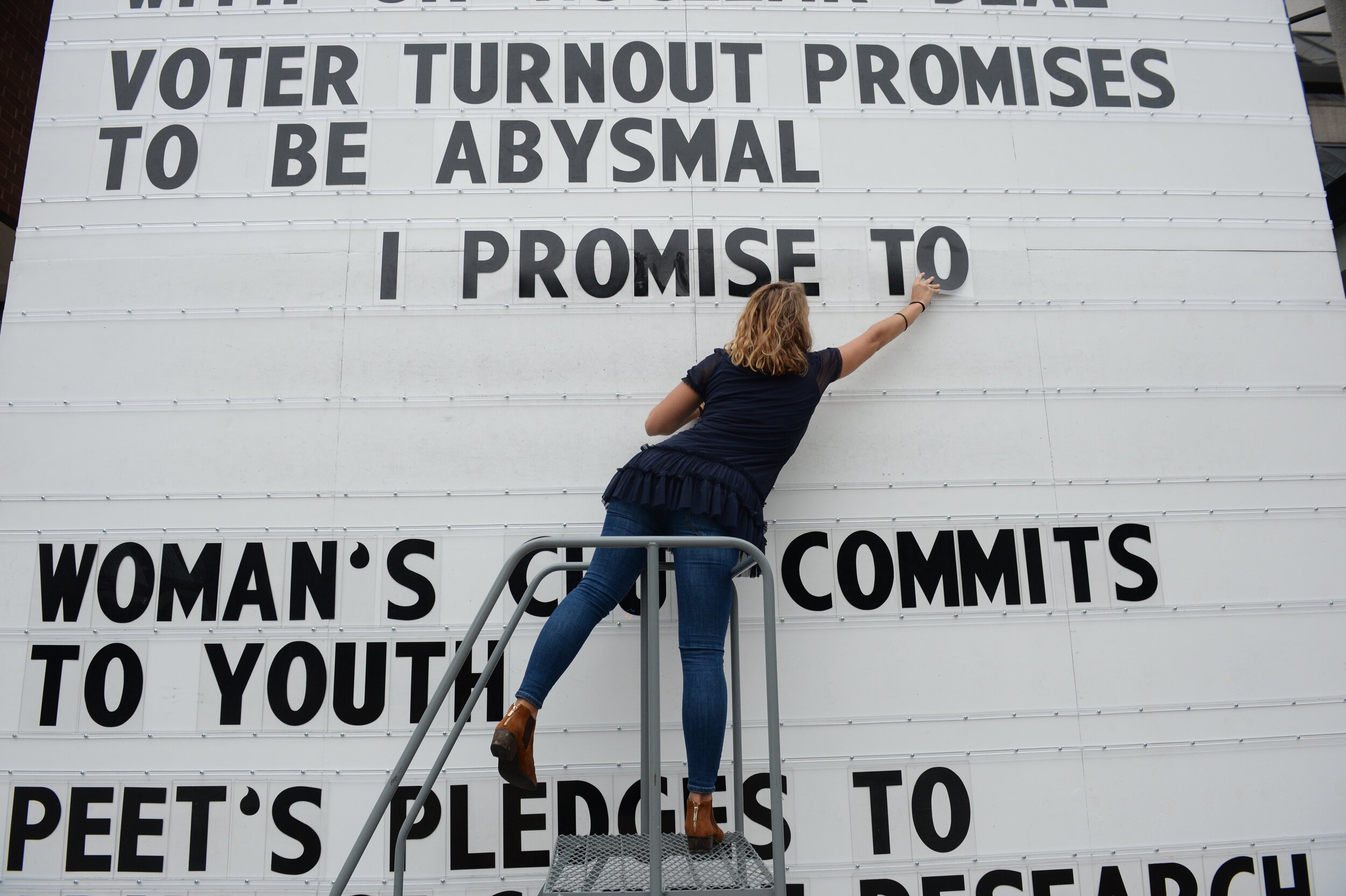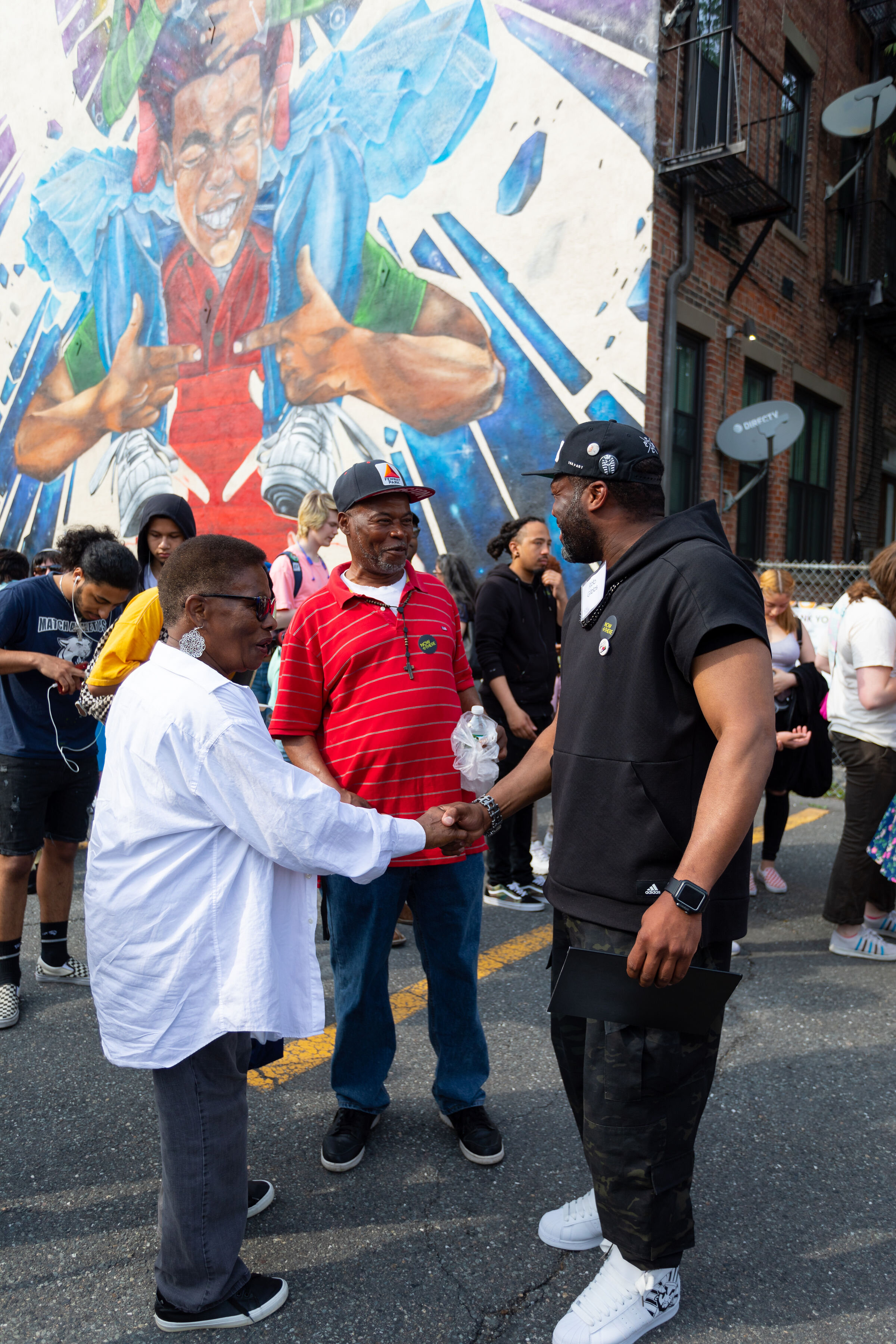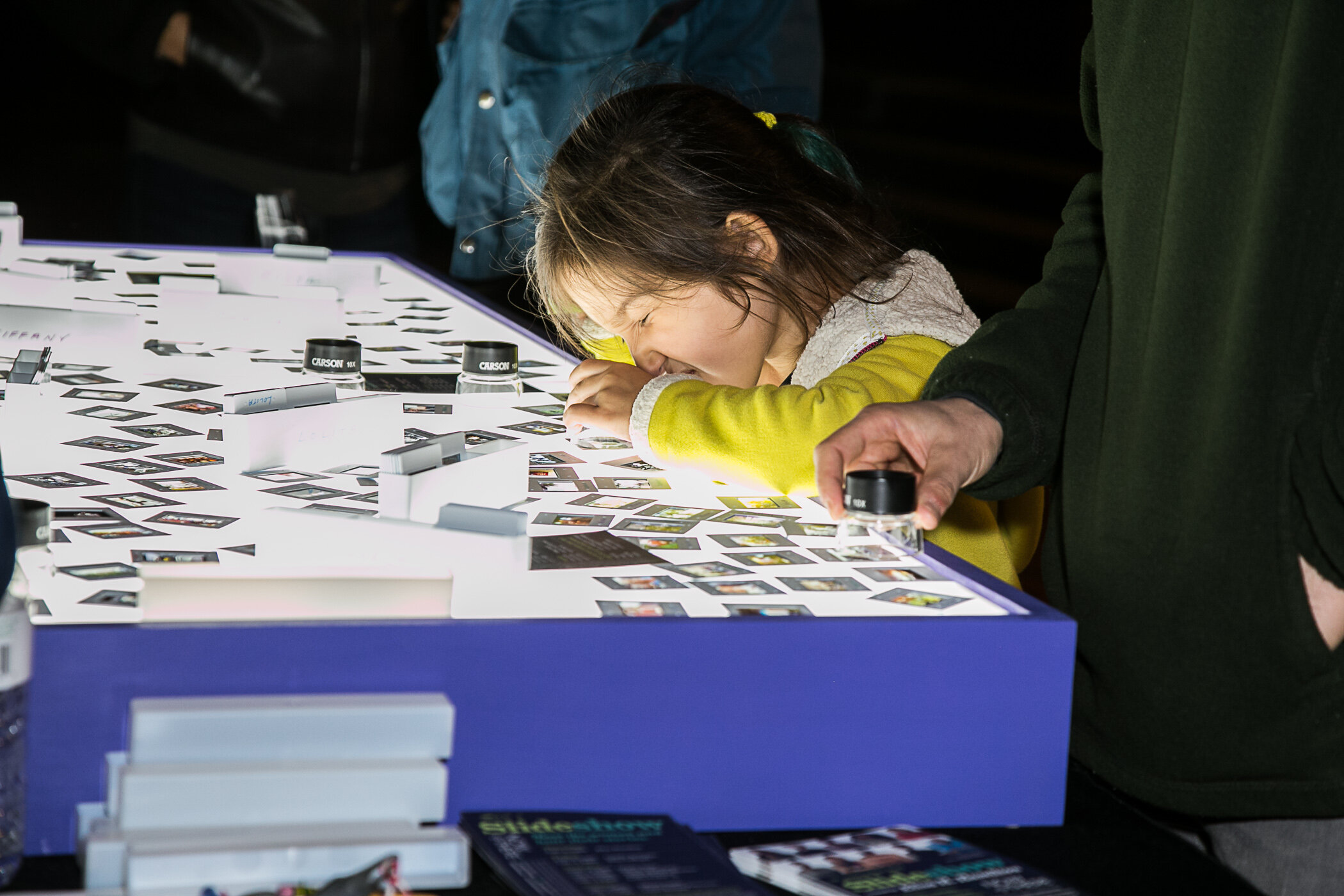2020. A much-anticipated new year. A year for looking back and looking ahead. A year for public art to take center stage in the local, national, and global conversation about representation and power.
As I reflect on Boston back in 2000, I remember the good-intentioned initiatives started in an effort to achieve something "greater", something we could proudly point to as a watershed moment when the year 2020 hit. Most vivid in my memory is the publication “20 on 20/20 Perspectives in Diversity and Design” initiated by the Boston Society of Architects and the American Institute of Architecture. It challenged the architecture profession to nurture the next generation of architects of color and women and "meet the real needs of the society we serve by actively engaging with and including many more of the people who are that diverse society.” (1)
Have things changed since then? Certainly. Enough? That's debatable.
Change comes in small increments, over time, and with each of us doing our part. And it can't be measured in decades nor always with data. But it can be measured by the changes we make as individuals.
I believe it's time for a radical cultural shift. To do that we’re required to lift up the individual, listen to the multitude of voices of the city, hold each other accountable, and foster collective power. That’s why I'm excited by this year's curatorial theme of Shared Power. Over this historic year, Now + There will be presenting and fostering the work of six artists who each in their unique way address issues of power – who has it and where it can be collectively amplified. Meanwhile, as an organization, we are questioning our own power in our curatorial choices; choosing to amplify voices that are not in the dominant mainstream.
Faces of Dudley, 2015
Patterned Behavior by Silvia Lopez Chavez, 2017
See Her by Anne Lewis, 2017
We begin next week with Justin Favela in the Prudential Center and his festive ¡Provecho!, celebrating the rich cultures of Latin America while also subtly challenging how Latinx foods (and people) are generalized. (No, mofongo, pupusas, and tamales are not the same!) With our partners Boston Properties, Favela reminds us that there are nearly one million Latinx people living in Massachusetts, playing a critical role in transforming Boston into a global hub.
In May, Sari Carel will present a sculpture and soundscape in a popular downtown Boston park with our partners Jewish Arts Collaborative. The work, influenced and created by Carel “playing” multiple parks throughout Greater Boston, reminds us of the power of play, the freedom expressed in the act of play, and collective action.
We'll enter the summer with a surprise artist followed by Shilpa Gupta, both of whom will be transforming places of respite with works that address balance. We'll then turn our attention to the history of Boston and reframe our interpretation of our past and our vision for tomorrow. With partners Revolutionary Spaces, we’ll explore the concept of who feels welcome in our historicized spaces.
We'll close our season in celebration of the Friends of the Public Garden's 50th Anniversary. With Janet Zweig, we'll make visible the care that goes into stewarding parks while also exploring themes of common space, sustainability, and the role of the individual within a community.
Lastly, the six artists of the 2020 Accelerator Cohort promise to share works that stimulate new ways of engaging with Boston's neighborhoods.
To be complete, a work of public art requires you and me to step in and engage. This year, Now + There artworks and artists ask you to share in the power of public art. We invite you to contribute your thoughts and reflections in person at our events, online, and below in the comments. Together, we can shift the culture of Boston one artwork, one conversation, one person at a time.
Open House by Liz Glynn, 2018
Photos above L to R: Public Trust by Paul Ramirez Jonas, 2016; Breathe Life 3 by Problak, 2019; Slideshow by Elisa Hamilton, 2017
(1) Introduction by Theodore Landsmark, MEvD, JD, PhD, Assoc. AIA, 20 on 20/20 Vision Perspectives on Diversity and Design, 2003, p. 4.








